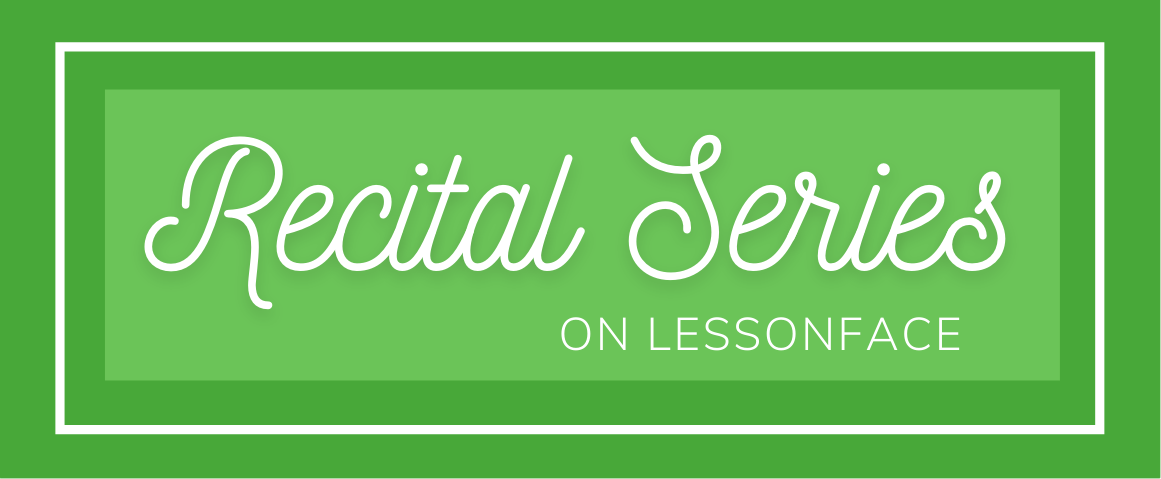One of my favourite authors described his exercise regimen on his podcast this morning.
He’s a pretty high-achieving guy, so one might suspect his system was sophisticated and goal-oriented.
It wasn’t.
He wakes up, drives to the gym, and walks in.
That’s it.
If he takes a look at the weights and his motivation shrivels like a discounted avocado, he will walk straight back out and go home. He doesn’t have a complex, intersecting network of fitness goals and procedures. His system is sustainable and effective because it is so simple. His view: if he can go to the gym every day, he will be stronger and healthier in the long run. If his system becomes too challenging to sustain, he will be less strong and healthy in the long run.
Make your systems as simple, and sustainable as possible!
_____________________________________________________________
Now, let’s apply this philosophy to clarinet!
I humbly propose this simple system: play the clarinet every day.
How? Make it as easy as you can to start playing the clarinet.
As simple as it sounds, it’s not easy to schedule time, find a space, and assemble a clarinet. Simple doesn’t mean easy.
So, let’s remove some obstacles in your way.
1) Ensure you have a tidy place to play the clarinet.
Nobody can sustain a practice regimen that includes housework every time before you start!
2) Have an understanding in your household of when you will play the clarinet each day.
When your sister wants to play with you, right now, it’s less hurtful if you can honestly say “I practice the clarinet at 4:45 pm every day” than “I can’t, I have to practice the clarinet now”. My family knows I go to the gym every morning at the same time. No one’s feelings are hurt when I’m unavailable at that time because it’s never a surprise, and to them, it’s as though it's not even my decision!
4) Buy a softer-than-usual plastic reed.
This one costs money, but not that much. The best cane reeds sound better, but some cane reeds sound terrible. Uncertainty is the enemy of commitment. When I was a kid, knowing that my cane reeds might sound bad put me off even starting. Nowadays, I still use good cane reeds in recordings and performances, but I use a soft Legere Signature Reed when I practice. This makes it such that I will sound fine every time I pick up the instrument!
4) Play in a room with flattering acoustics.
This is a little controversial. But, in my opinion, playing in a small, dead, room is unsustainable. I’d wager that I’ve clocked more hours in bathrooms than purpose-built practice rooms! Remember, sustainability is the highest priority here. Sounding bad is not psychologically sustainable.
5) Reward yourself after you practice.
A workplace consultant once told me not to reward myself for good behaviour because I was, I quote, “not a dog”. True, I am not a dog, but his advice was bad. Nobody will do difficult things forever with no positive reward. The clarinet is hard. Practising is a sacrifice. Decide what your reward will be, and never forget to administer it to yourself. My reward is a sauna and a coffee, for example.
_____________________________________________________________
There you have it. I don’t put together intricate practice regimes, either for myself or my students. You probably don’t have to either. I believe people for whom such prescriptions work are the minority. Most of my students seem to appreciate this simple guidance:
– play the clarinet every day
– make starting to play the clarinet as easy as possible
Happy practising!
Liam Murphy




